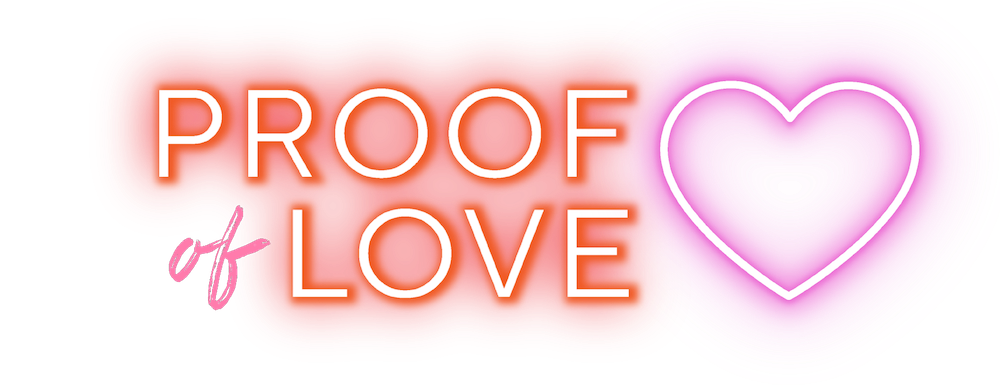By Michael Scott
The 1999 launch of the file sharing service Napster was a seismic wake up call for the music industry. For many musicians and artists, the path to making a living became exponentially more challenging, particularly when it came to recorded music. Illegal downloads, declining CD sales, measly sales from legal music streaming portals and a consumer move from whole albums to single tracks all had a chilling effect on artists’ businesses.
Enter the blockchain, the distributed ledger technology that many believe may be an elixir to these problems. Known as the software that undergirds Bitcoin and other cryptocurrencies, it features cryptographically chained blocks of data that cannot be modified. Due to its decentralized, secure properties, its potential applications are immense, with medical records, land use titling, online consumer sites and even gold being among the commodities experimenting with it.
Singer, songwriter and producer Imogen Heap has been an early adopter of the technology through his musical artist collective Mycelia. Ditto for the Pledge Music founder Benji Rogers and his launch of Dot Blockchain Music.
Supporting the Musicians
For starters, musicians face an environment where no comprehensive database of copyright ownership exists. The blockchain, due to its database and network qualities, is ideally suited to address this issue. It’s here where a cryptographic fingerprint could allow up-to-date accessibility to copyright records for all, rather than for a limited sphere of intermediaries.
There is also an issue with royalty payments that can take years for artists to receive. Here, blockchain-based smart contracts show promise in terms of being able to split off royalty payments as soon as a musical track is downloaded or streamed. Micropayments, which are currently not feasible under prevailing business models, can be facilitated through bitcoin and other forms of cryptocurrencies. Moreover, artists, through the use of a blockchain’s advanced ledger systems, have a better mechanism for tracking payments and ensuring their accuracy.
Distributed technology also allows artists to pursue creative ways for self-funding their efforts. This is particularly valuable in an age when many musicians are not backed by a major label, requiring them to bootstrap their efforts. It’s here where the blockchain is ushering in a new form crowdfunding, where artists can issue crypto-based shares to fans and supporters that can be cashed in against future artists earnings.
The Tatiana Coin
Singer-songwriter Tatiana Moroz took a significant step in the music industry’s adoption of blockchain technology when she announced the official beta launch of the first-ever cryptocurrency for artists. Known as the TatianaCoin, Moroz endeavors to fuel a more expansive connection between musicians and fans through the use of advanced blockchain technology.
Owners of the coin will become early adopters and beneficiaries of what is hoped to be a new normal for global artistic communities. Supported by a media ownership platform known as Tokenly, TatianaCoin participants will soon have the ability to stream music while supporting Moroz’s artistic efforts. They will also be able to chat directly with her and other fans, and access unique multimedia content, VIP experiences, recording studio sessions, private concerts and personalized fan gear. Coin owners also be able to lend, collect, sell or trade tokens.
Through this collaborative initiative, TatianaCoin and Tokenly are taking aim at the massive problems of income potential, media distribution, and fan relations that currently plague the music industry. In today’s landscape, artists earn on average far less than a penny per stream. And despite having access to mountains of social media options for online sharing, artists are still limited in their ability to foster fan relationships.
The highly ambitious Moroz asserts that the music industry has been notoriously cold to artists for decades — taking advantage of them and not paying them a fair amount or on a timely basis (if at all). She said that all of this makes it near impossible for artists to get in the door and make a sustainable income.
“After experiencing firsthand the troubles artists face trying to make a name for themselves, I sought a revolutionary way for artists and fans to help each other through incentivized financial support and social connectivity,” said Moroz. “The only way to achieve this is through the power of the blockchain: a technology that presents countless opportunities for artists and musicians.”
Moroz goes on to note that she wants to enlighten artists and musicians on this transformative technology that offers immense opportunities for true artistic freedom while creating a fair, transparent economy. At the same time, she want to create greater access to and rewards for fans who believe in the work of artists.
It’s in this vein that Moroz’s cryptocurrency could be considered the first instance of an “ArtistCoin”: a digital currency that removes the middleman and smooths contracts, payments and communications. It is believed that this and future ArtistCoins will enable songwriters, record labels and publishers to seamlessly register their work, view tamper-proof payment contracts and distribute songs with all the splits built in. This will streamline the licensing process and ensure all the parties are fairly compensated.
All of this, Moroz said, is about the larger goal of helping artists understand their sovereignty and that they don’t need a record label to get their seed money to get started.
“I want to give artists the ability to connect in a meaningful way, where artists and fans have ownership in a transparent system and with better choices on how to sell and stream music, merchandise and VIP experiences,” she said. “I want artists to be a part of this revolution, or rather, evolution in how we create our ecosystems. And the blockchain, as I see it, is a great way to achieve this.”
This was originally featured on NASDAQ: http://www.nasdaq.com/article/when-musical-artists-and-the-blockchain-converge-cm814849
The views and opinions expressed herein are the views and opinions of the author and do not necessarily reflect those of Nasdaq, Inc.




